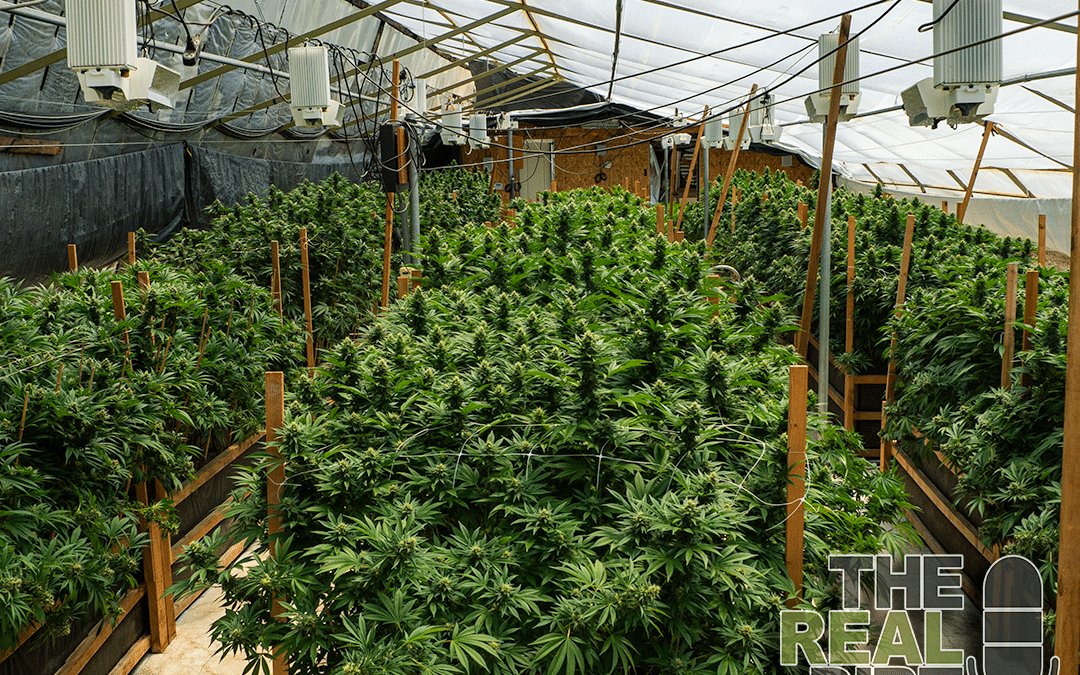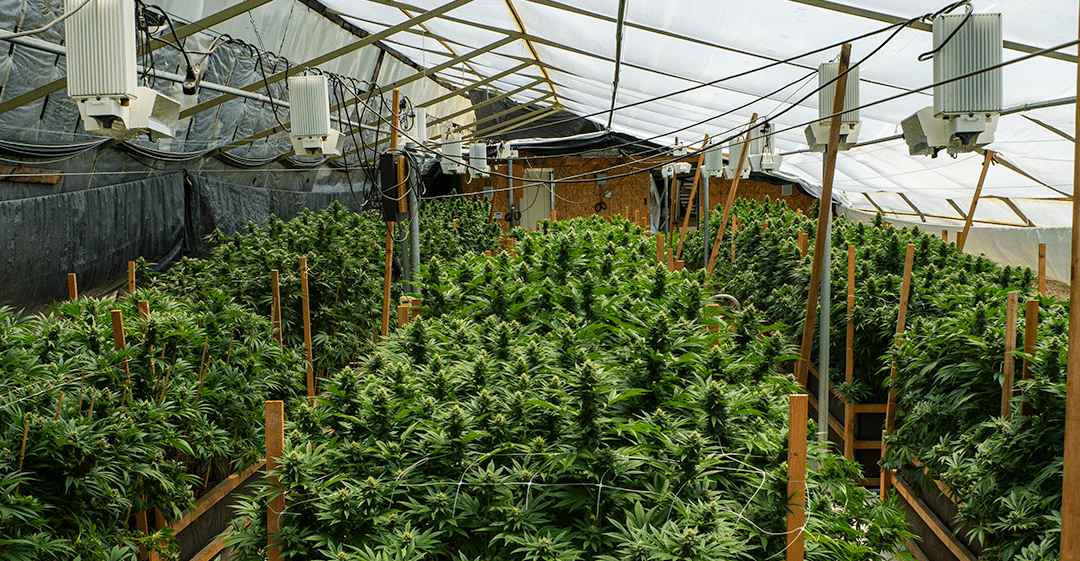
Is Organic Cannabis worth it?

Organic cannabis is becoming the standard in the industry, but what does it take to become truly organic?
But what does it take to grow 100% organic, and is it worth the trouble?
Growing organic cannabis vs growing cannabis with organics
It’s easy to incorporate organic products into your current grow regiment. But that’s not the same as growing organic cannabis. Sure, your cannabis will be more organic than if you hadn’t used an organic input, but to truly produce organic cannabis, it all has to be organic.
From the products you use to the medium you grow in, every factor of your grow needs to be organic. You need sustainable and environmentally friendly grow practices. And it’s a lot easier said than done.
The reason hydroponics and synthetic nutrients are so popular, is because these systems allow growers to produce big, high quality yields consistently. Synthetic nutrients are specifically formulated to feed your plant the exact portions it needs to grow strong foliage and dense buds. But that doesn’t mean it can’t be done in an organic grow.
Common organic cultivation practices
Developing organic cultivation practices takes time, because nature takes time. Living soil is an incredible way to grow organic cannabis, but you can’t buy it in a bag at the store. But you can buy everything you need to start making your own.
Living soil is composed of organic inputs, like earthworms, bat and seabird guanos, peat moss and composts. When you combine organic inputs together in your soil base, over time an organic biome will develop in your medium.
Your plants will benefit from the organic setting, and it will feed off of the organic matter in your soil. But it can take a season or two to get you living soil truly living, and some growers don’t have that time.
Chip Baker answered some frequently asked questions about organic inputs if you want to learn more.
Time and money
That’s what it comes down to; time and money. You can pick up some organic soil, feed your plants nothing but water and call it organic. It just might not be the best quality cannabis you’ve ever had.
It takes time and money to wade through the various organic inputs you can use to enhance your plant quality organically. When synthetic nutrients can be cheap, concentrated and effective, it’s easy to see why a lot of growers prefer synthetics. But flushing out your plants when it comes time to harvest so there’s no residual chemicals from the synthetic nutrients does not make it organic in the end.
Is it worth it?
Yes. While we could end it right here, let us explain a little bit.
We live in a world with finite resources, and an environment and climate that is changing around us constantly. When we cultivate cannabis, we need to take into consideration the impact that has on your local ecosystem, and the ecosystem at large.
Water run-off from farms that use synthetic nutrients can end up in water sources for animals and people. It can also soak into the ground, poisoning the plants around it that animals might see as food. Now imagine that on a massive scale.
When thousands of growers use synthetic nutrients without taking care to prevent run-off and other damaging side effects, it stacks up. Additionally the rise of indoor growing has caused a massive spike in electricity usage for cannabis production.
In other words, as the cannabis industry grows and more people have the ability to cultivate their own cannabis, the need for more organic and sustainable practices will grow too. And knowing the cannabis community, growers will rise to the challenge.






